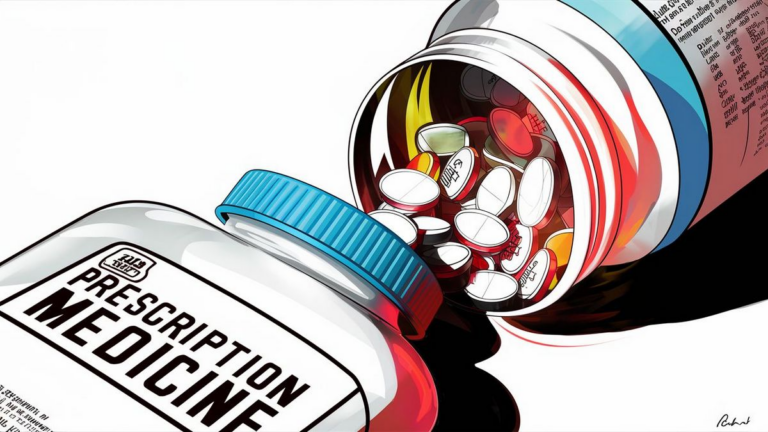Traveling with prescription medication can sometimes be a concern, especially when flying. However, it’s essential to understand the regulations and guidelines regarding bringing prescription medicine on a plane to ensure a smooth and hassle-free journey.
Understanding Regulations
The Transportation Security Administration (TSA) has specific rules in place regarding carrying prescription medication on airplanes. As a general rule of thumb, passengers are allowed to bring their prescription medication on board, but certain protocols must be followed to comply with TSA regulations.
Key Points to Remember
- Prescription medication should be in its original packaging with a clearly labeled pharmacy prescription attached.
- The name on the prescription label should match the passenger’s identification.
- If the medication requires refrigeration, passengers should inform the TSA officer during the screening process.
Quantity Restrictions
While there are no limits to the amount of medication a passenger can bring, it’s advisable to carry only the necessary amount for the duration of the trip. Carrying excessive amounts of medication may raise suspicion and could lead to additional scrutiny.
Additional Documentation
Passengers traveling with controlled substances or injectable medications may need to carry additional documentation, such as a doctor’s note or a copy of the prescription, to validate the need for the medication.
Security Screening Process
When going through security screening, passengers with prescription medication should notify the TSA officer and present their medication for inspection. It’s essential to cooperate with security personnel and follow any instructions given during the screening process.
Special Considerations
For passengers traveling with liquid medications exceeding the standard 3.4-ounce limit for carry-on liquids, exemptions may apply. However, it’s recommended to contact the airline or TSA in advance to inquire about specific procedures for carrying liquid medication.
International Travel
When traveling internationally, passengers should familiarize themselves with the regulations of both their departure and destination countries regarding prescription medication. Some countries may have stricter guidelines or require additional documentation for certain types of medication.
Plan Ahead
To avoid any issues or delays, it’s advisable to plan ahead and research the regulations of the countries you’ll be traveling to and from. Consulting with your healthcare provider or pharmacist can also provide valuable guidance on traveling with prescription medication.
Bringing prescription medication on a plane is generally allowed, but it’s essential to adhere to TSA regulations and guidelines to ensure a hassle-free travel experience. By understanding the rules, preparing necessary documentation, and cooperating with security personnel, passengers can travel safely with their medication.
Frequently Asked Questions
Here are some common questions travelers often have regarding bringing prescription medication on a plane:
| Question | Answer |
|---|---|
| Can I bring over-the-counter medications? | Yes, passengers are generally allowed to bring over-the-counter medications on board. It’s advisable to keep them in their original packaging. |
| What if my medication is in a pill organizer? | It’s recommended to transfer medications from a pill organizer into their original packaging with prescription labels attached to avoid any issues during security screening. |
| Do I need to declare my prescription medication? | Passengers are not required to declare prescription medication separately but should be prepared to present it for inspection during security screening if requested. |
| Can I bring syringes or needles for my medication? | Passengers requiring syringes or needles for medication should carry them along with the medication and any necessary documentation to validate their need. |
Ensuring Medication Safety
In addition to following TSA regulations, it’s crucial to take precautions to ensure the safety and effectiveness of your medication while traveling:
- Store medication properly, especially if it requires specific temperature conditions.
- Keep medications in your carry-on bag to prevent loss or damage.
- Carry a copy of your prescription or a doctor’s note, especially for controlled substances or injectable medications.
Emergency Situations
In the event of a medical emergency during your flight, notify the flight crew immediately. They are trained to assist passengers in medical situations and can provide necessary aid or arrange for medical assistance upon landing.
See also:






